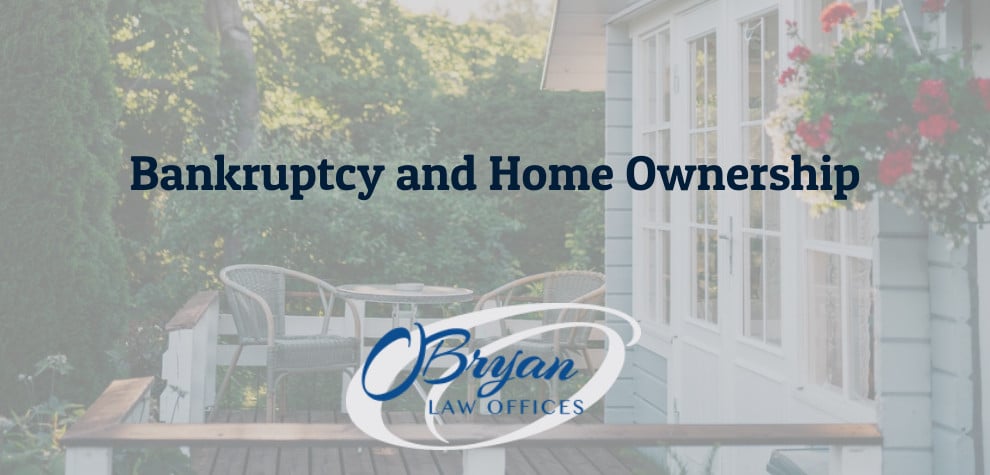There is a litany of misinformation surrounding the concept of filing for bankruptcy protection. Many people believe that bankruptcy is always the result of financial mismanagement, which is simply untrue. Citizens of Kentucky filing for bankruptcy protection should know about the different types of bankruptcy. They should also understand what assets are protected within those types and more. How do Chapter 7 bankruptcy and home ownership work together?
What is Chapter 7 Bankruptcy?
Chapter 7 bankruptcy protection is one type of bankruptcy that someone can file for in the event of financial hardship. Under Chapter 7 bankruptcy, the court will appoint a trustee to lead the process of liquidating the petitioner’s assets in order to pay off outstanding debt to their creditors. At the end of the liquidation process, creditors typically receive a discharge, or an elimination, of debts that they will not be entitled to.
Can You File Bankruptcy if You Own a Home?
During a Chapter 7 proceeding, non-exempt assets are liquidated in order to pay outstanding debts. Every state, including Kentucky, offers at least one exemption known as a “homestead exemption.” It typically applies to the primary residence of the person filing for bankruptcy.
However, the application of this exemption does not come without some sort of obligation. The person filing for bankruptcy must maintain their mortgage and homeowner’s insurance. They must also pay their property taxes to avoid losing the house after their Chapter 7 bankruptcy case closes.
Bankruptcy and Home Ownership Attorney
Anyone who finds themselves needing to pursue Chapter 7 bankruptcy protection should contact an attorney. A bankruptcy law attorney will review their clients’ financial assets and guide them through the bankruptcy process. Call O’Bryan Law Offices at 502-339-0222 for a free consultation.







